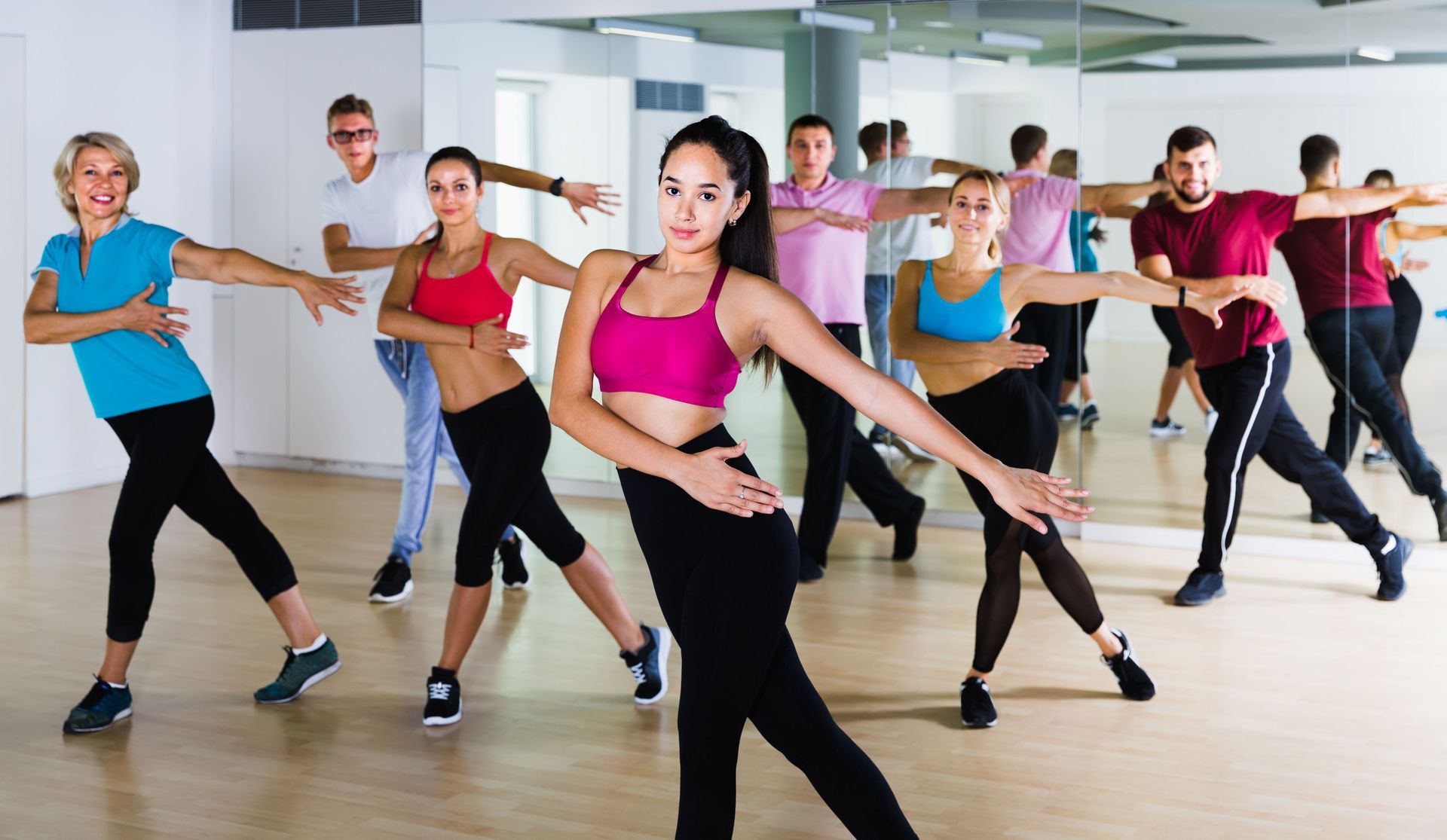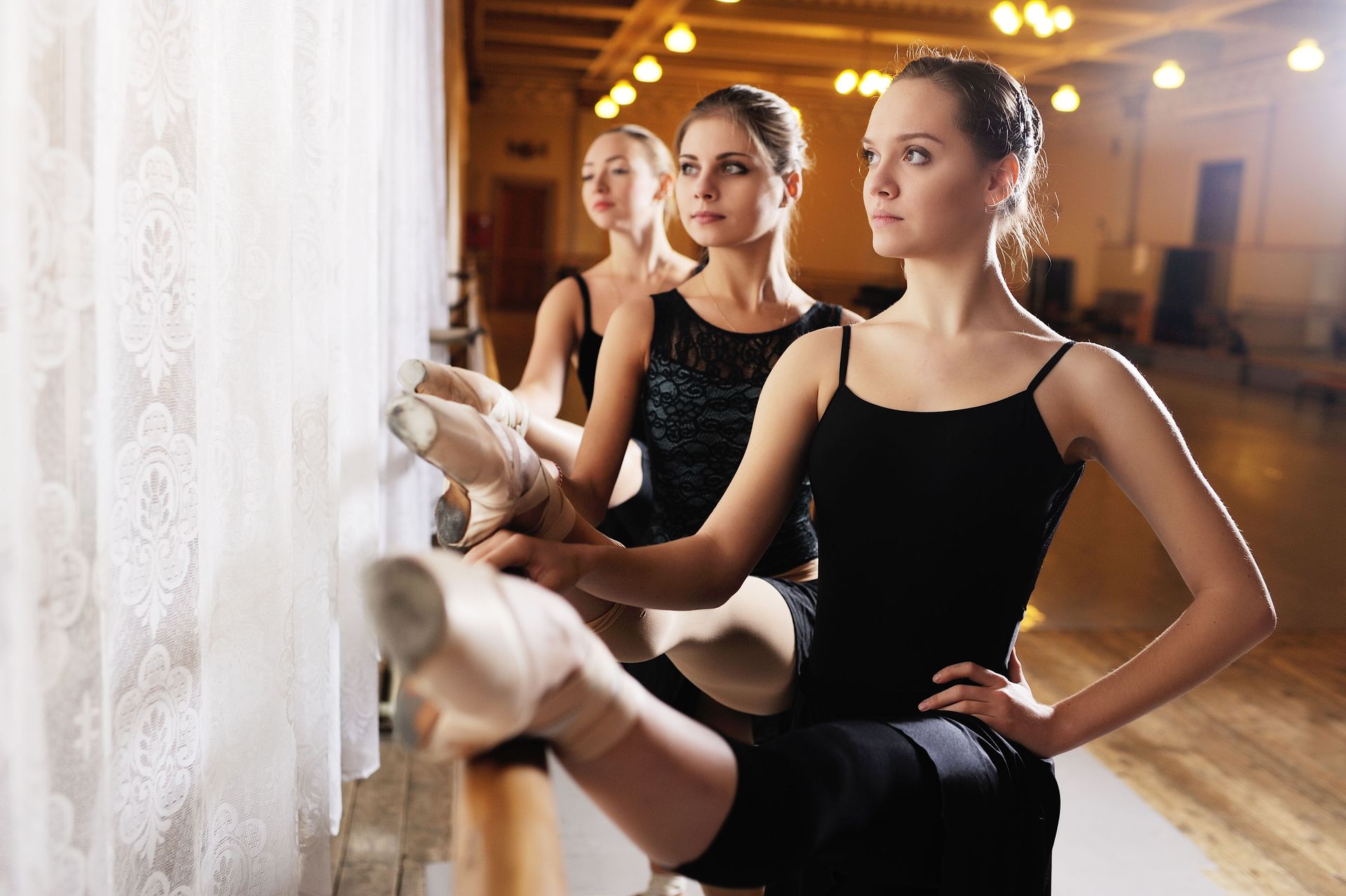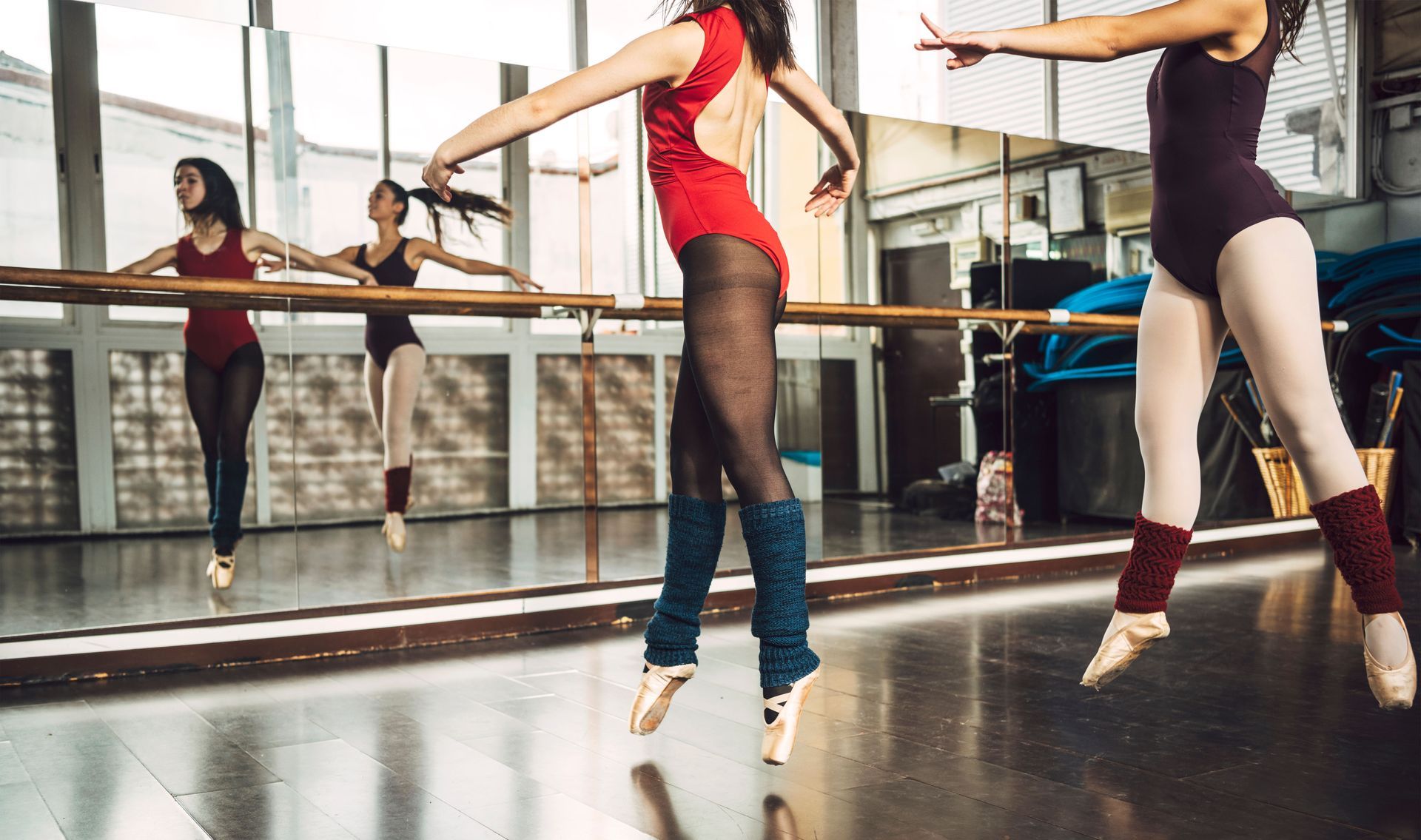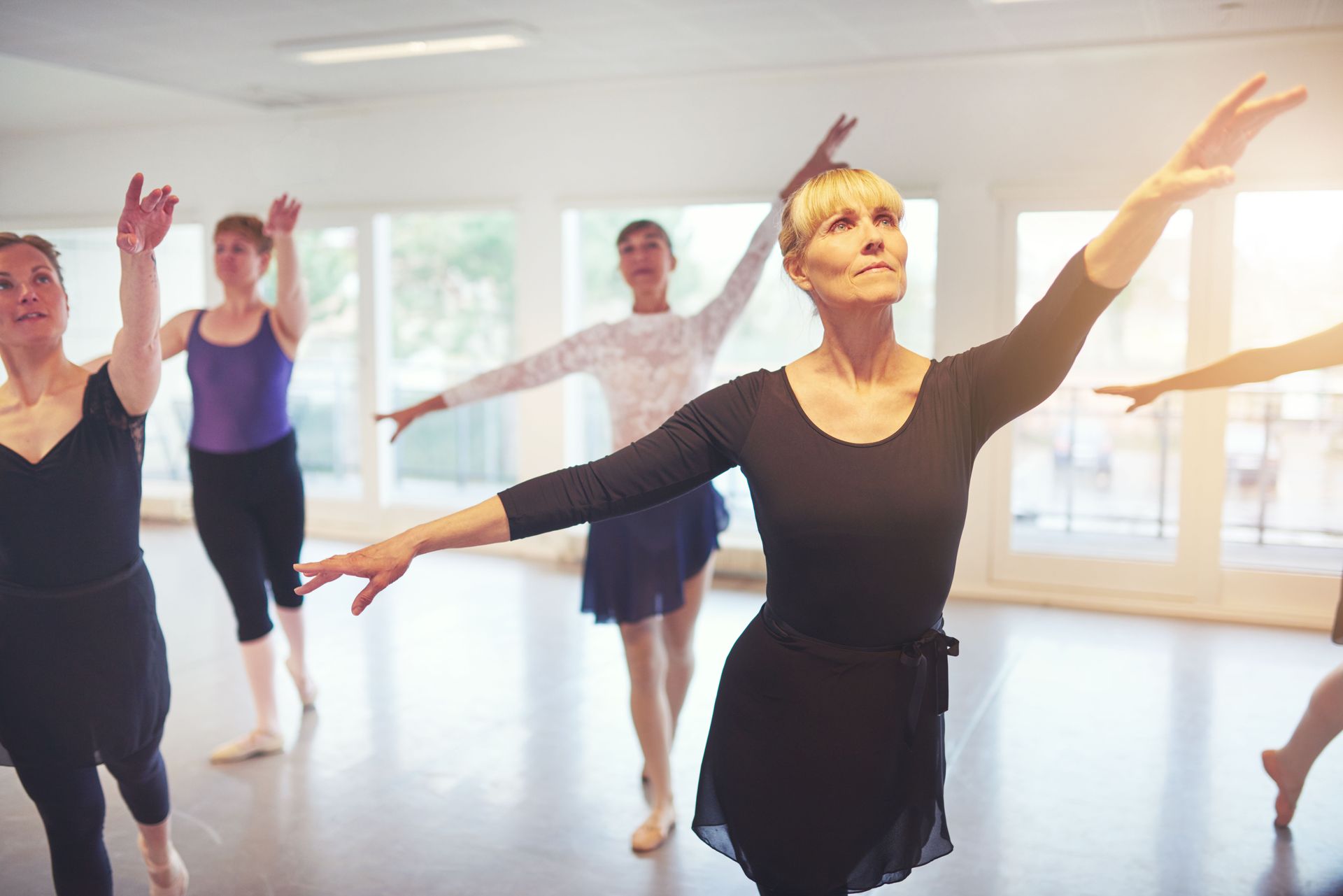November 13, 2025
Dance is more than just an art form or a way to stay fit; it is a powerful tool for building confidence. Whether performed in a professional studio, at a community event, or in the privacy of one’s living room, dancing encourages self-expression, personal growth, and social interaction. Across age groups and skill levels, participating in dance classes can transform self-perception, helping individuals embrace their abilities and celebrate their achievements. From learning new movements to performing in front of others, dance fosters courage, resilience, and a stronger sense of self.
Engaging in dance is a unique journey because it combines physical, emotional, and social development. Unlike many activities that focus solely on competition or individual skill, dance emphasizes creativity, exploration, and personal expression. The confidence gained in the studio often translates to other areas of life, whether it’s speaking in public, tackling challenges at work, or simply feeling comfortable in social situations. In this article, we explore five distinct ways dance nurtures confidence and why enrolling in a dance class can be a transformative experience.
1. Learn New Skills and Master Techniques
One of the most immediate ways dance builds confidence is through skill acquisition. Every new step, routine, or choreography mastered in a dance class serves as tangible evidence of personal growth. As beginners gradually progress, mastering techniques they once thought impossible, they experience a boost in self-esteem. The process of learning dance teaches patience, perseverance, and discipline — qualities that extend beyond the studio and into daily life.
Dance requires consistent practice, attention to detail, and the ability to receive constructive feedback. Overcoming the frustration that often accompanies learning a complex move is itself a confidence-building exercise. As dancers succeed, even in small steps, they internalize a sense of accomplishment that reinforces self-belief.
Moreover, the technical mastery achieved in dance classes also nurtures mental resilience. Learning choreography demands memory, focus, and adaptability — skills that can boost confidence in academic, professional, and personal contexts. The process of learning and refining dance skills encourages individuals to push beyond perceived limitations, creating a lasting sense of personal capability.
2. Express Emotions Freely Through Movement
Dance is a unique form of self-expression that allows individuals to communicate emotions without words. Whether it’s joy, sorrow, frustration, or excitement, moving to music enables people to explore their feelings in a safe and constructive manner. For many, translating emotions into movement can be both liberating and empowering, building confidence in one’s ability to express oneself authentically.
Participation in dance classes fosters an environment where emotional exploration is normalized and celebrated. Dancers learn to interpret music, embody moods, and communicate ideas through gestures and body language. This ability to externalize internal experiences helps build self-assurance and reduces hesitation in other social and creative situations. Participating in dance encourages emotional expression and strengthens self-assurance.
Expressive movement also teaches individuals to feel more comfortable in their own skin. Over time, dancers develop body awareness, poise, and control, which naturally enhances confidence. The act of embodying emotions physically fosters a sense of agency — dancers see that they can intentionally communicate feelings and tell stories, boosting their belief in their own abilities.
3. Improve Physical Fitness and Body Awareness
Confidence is often closely tied to physical self-perception. A dance class promotes physical fitness, improving strength, flexibility, balance, and coordination. As individuals notice changes in their bodies — becoming stronger, more agile, or more graceful — they develop a greater appreciation for what their bodies can achieve. This enhanced body awareness contributes to a positive self-image and increased confidence.
Dance also challenges individuals to explore the limits of their physical abilities. Learning to maintain posture, execute precise movements, and sustain energy through complex routines teaches resilience and determination. Each achievement, whether mastering a challenging turn or completing a high-energy sequence, reinforces a sense of competence and pride. The more dancers connect with their bodies, the more confident they feel both on and off the dance floor.
Beyond the physical benefits, dance fosters an appreciation for movement as a form of personal expression. Understanding and controlling one’s body through dance empowers individuals to carry themselves with more confidence in everyday life, from walking into a room with presence to participating in sports or other physical activities. The awareness and control gained in dance classes translate directly to a more self-assured demeanor.
4. Connect With Others and Build Community
Dance is inherently social, and connecting with others in a supportive environment is a major confidence booster. Participating in dance classes provides opportunities to form friendships, collaborate with peers, and gain encouragement from instructors. The sense of belonging and community cultivated in the studio strengthens self-esteem and helps individuals feel more comfortable expressing themselves in group settings.
Collaborative activities like partner work, group routines, or ensemble performances require communication, cooperation, and trust. Learning to work effectively with others not only enhances performance but also develops interpersonal skills that extend beyond dance. Giving and receiving constructive feedback in a safe, supportive environment teaches dancers that mistakes are part of the learning process and that their contributions are valuable.
Representation also plays a role in building confidence. According to The Studio Director, approximately 80% of dancers and choreographers are female, highlighting the empowering opportunities available for women and girls in dance. Seeing strong role models succeed in the field reinforces the belief that anyone, regardless of background, can excel and be celebrated for their talents. In this way, dance classes offer not just skill-building but a nurturing community that fosters confidence through connection and inspiration.
5. Perform and Celebrate Achievements
Few experiences build confidence like performing in front of an audience. Dance classes often culminate in showcases, recitals, or competitions, allowing participants to demonstrate their skills and creativity. Performing requires courage, focus, and the ability to manage nerves — all factors that contribute to personal growth and confidence.
The process of preparing for a performance teaches discipline and goal-setting. Dancers must practice consistently, refine movements, and coordinate timing, building a strong sense of accomplishment once the routine is completed. The recognition received during a performance, whether through applause, constructive feedback, or personal satisfaction, reinforces the belief in one’s abilities.
Repeated performance experiences also diminish stage fright and build resilience. Over time, dancers learn to embrace vulnerability and celebrate successes, no matter the outcome. Even small achievements, such as mastering a solo or completing a challenging group routine, provide tangible evidence of progress and self-efficacy.
Dance is a multifaceted practice that nurtures confidence in profound and lasting ways. Through mastering new skills, expressing emotions, improving physical fitness, connecting with others, and performing achievements, individuals develop a stronger sense of self and belief in their abilities.
Ultimately, dance is more than movement — it is a pathway to personal empowerment. By engaging in a dance class, individuals gain valuable skills that extend beyond the studio, cultivating confidence that touches every area of life. Whether it’s in daily interactions, career pursuits, or personal goals, the self-assurance developed through dance allows individuals to face challenges with courage, creativity, and resilience. Dance opens the door to self-discovery, connection, and a deeper appreciation of one’s own potential — making it an invaluable tool for anyone seeking to build lasting confidence. Ready to boost your confidence and express yourself through movement? Join the Pennsylvania Academy of Dance Arts today and discover the transformative power of dance classes!






